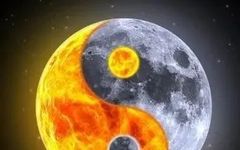Follow me — there are new insights every day.

How does Traditional Chinese Medicine (TCM) skillfully utilize various methods to harmonize the balance of Yin and Yang in the human body? This is a profound and wise topic. In TCM theory, the coordination and balance of Yin and Yang are the cornerstones of maintaining human health. Just as the harmonious movement of Yin and Yang in nature nurtures life, the harmony of Yin and Yang within the human body is the source of health.
The Huangdi Neijing states: “When Yin is balanced and Yang is secret, the spirit is treated.” This phrase profoundly reveals the close relationship between the balance of Yin and Yang and health. When the two energies achieve harmonious unity within the body, physiological functions can operate normally, the spirit is invigorated, and the body naturally remains healthy. Conversely, an imbalance of Yin and Yang can lead to disease. The Huangdi Neijing also states: “When Yin and Yang are in conflict, disease arises.” When Yin and Yang oppose and conflict with each other, the body falls into a state of illness.
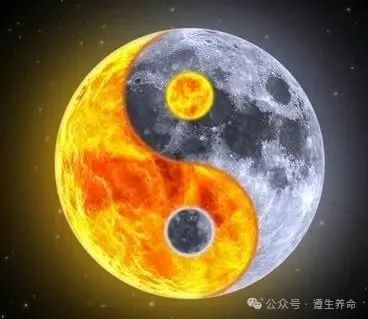
In treating diseases, TCM emphasizes the harmonization of Yin and Yang to restore balance. This concept runs throughout TCM treatment. Zhang Zhongjing in the Shanghan Lun pointed out: “For any illness, whether through sweating, vomiting, purging, or loss of blood and fluids, those whose Yin and Yang are harmonized will surely recover.” This means that during the treatment of diseases, even if the pathogenic factors have been eliminated, the vital energy is often damaged, and at this time, it is necessary to restore health by harmonizing Yin and Yang.
To achieve Yin and Yang balance, TCM employs various methods. Techniques such as acupuncture and massage stimulate the body’s meridians and acupoints, harmonizing the flow of Qi and blood, thereby balancing Yin and Yang. However, what people are most concerned about is how medicinal herbs can harmonize Yin and Yang. TCM selects corresponding herbs based on the specific manifestations of Yin and Yang imbalance, using combinations and decoction methods to achieve the goal of harmonizing Yin and Yang.
In summary, TCM demonstrates unique wisdom and charm in harmonizing the balance of Yin and Yang in the human body. By comprehensively utilizing various methods, TCM aims to restore the harmony of Yin and Yang, thereby achieving health and longevity.
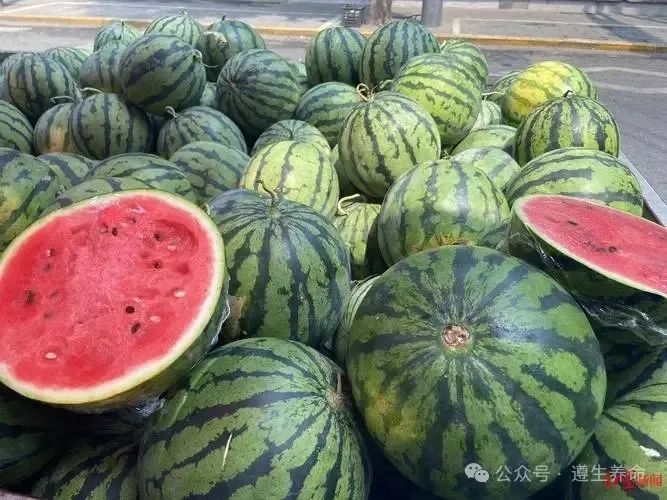
The wisdom of TCM lies in its exploration of food, which subtly reveals the secrets of medicinal substances. Imagine our ancient ancestors, who, upon arriving in this vast natural world, prioritized the search for food necessary for survival. In their endless quest, they accidentally discovered that certain plants were delicious and made them feel comfortable after consumption, thus these plants became their food. Conversely, some plants may not be as pleasant to eat and could even cause discomfort, such as vomiting or diarrhea. However, it is precisely these “deviations” of certain plants that provided unique solutions to our ancestors’ health problems, eventually evolving into medicines.
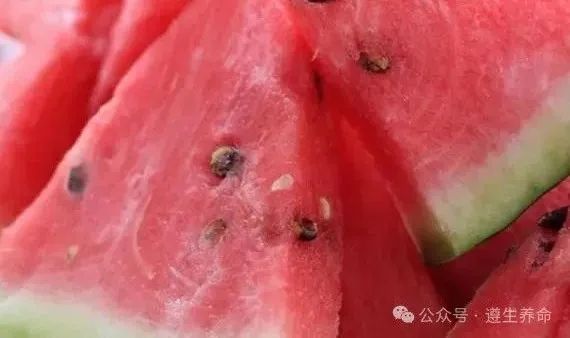
Regarding the medicinal properties of plants, the ancients did not rely solely on blind experimentation but inferred their potential medicinal effects through observations of the plants’ ecological environments and growth habits. For example, in the southern suburbs of Beijing, there is a famous watermelon-producing area. One summer day, several of my teachers and I went to pick watermelons. On the way to the watermelon field, I speculated that in such hot weather, the watermelon would surely use its large leaves as a sunshade to block the intense sunlight. However, when we actually entered the watermelon field, the sight before me was surprising. The watermelon leaves were not large, while the large watermelons were unafraid of the scorching sun, bathing in the sunlight without any cover. This scene made me deeply realize that watermelons must contain some heat-resistant components that allow them to grow in such a hot environment, achieving an internal and external balance of Yin and Yang.
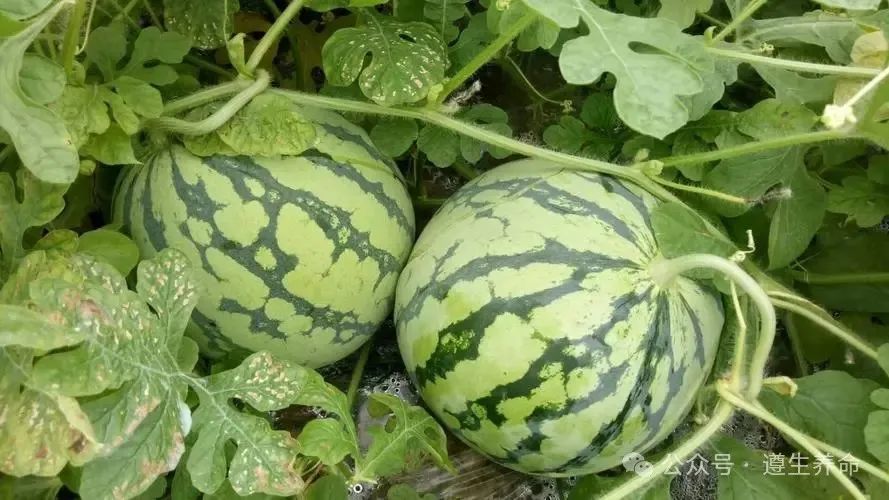
In the scorching summer, the Yang energy in nature is vigorous, and our body’s Yang energy also rises, coupled with the significant loss of sweat, often leading to symptoms such as thirst and irritability. This indicates an excess of Yang energy in the body, unable to withstand the heat. At this time, we need to consume foods rich in moisture and heat-resistant properties from nature to correct the body’s imbalanced state. Watermelon is precisely such an ideal food. It grows in an environment rich in moisture and abundant sunlight, maturing during the hot season. Consuming watermelon during hot weather can help generate fluids, quench thirst, reduce inflammation, and counteract heat.
However, it is worth noting that while watermelon is very suitable for consumption in summer, eating it in winter may lead to discomfort due to violating seasonal appropriateness. Once, a middle school student experienced stomach pain after eating two pieces of watermelon in winter. I explained to him that watermelon is a cold-natured food, and consuming it in the cold winter, especially in excess, would naturally have adverse effects on the body. This also reflects TCM’s emphasis on following nature and adapting dietary principles according to the seasons.
In nature, everything is divided into Yin and Yang, just like the rotation of the sun and moon in the heavens, where Yin and Yang depend on and restrict each other. Within the human body, the balance of Yin and Yang is key to maintaining health. Once Yin and Yang are imbalanced, TCM utilizes various substances from nature, each with distinct properties, to harmonize the body. Yang substances can nourish Yin deficiency, while Yin substances can harmonize Yang excess, thus restoring harmony and balance within the body.
So, why do substances in nature form a distinction between Yin and Yang? I remember when I had just graduated from university and stayed on campus, the school organized us, fresh graduates, to go to Xingshan Mountain in Hebei for herbal picking practice. The school also arranged for us an experienced herbalist. During the learning process with the master, I gradually understood the mystery of the distinction between Yin and Yang.
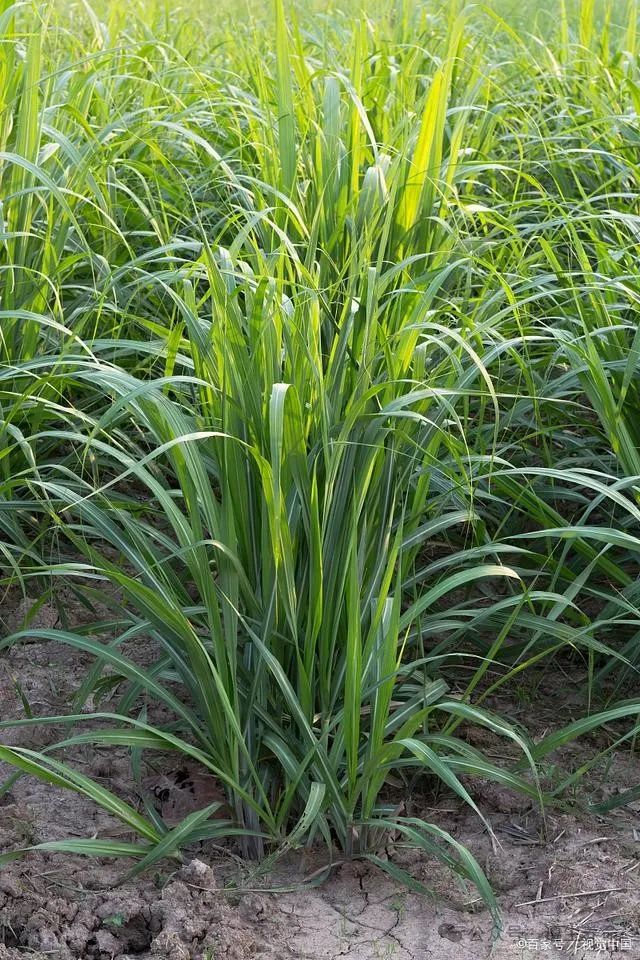
On the sunny hillside, where sunlight is abundant and heat is plentiful, medicinal materials such as Huangqin (Scutellaria baicalensis) that have heat-clearing and detoxifying properties grow. These materials are cool in nature and belong to Yin substances because they can resist the summer heat. On the shady hillside, where sunlight is scarce and the environment is cool and moist, the medicinal materials that grow here mostly have nourishing Yin properties, such as Shashen (Adenophorae Radix), Yuzhu (Polygonatum), and Maidong (Ophiopogon). They thrive in such environments, showcasing the characteristics of Yang substances.
When I ventured into deep mountain valleys, places that are never touched by sunlight, I was amazed to discover a unique medicinal material. There, the ice and snow never melt, and the cold air is intense, but in such an environment, a plant with purple flowers and lush green leaves grows. I had never seen this plant before, but I instinctively believed it must possess strong cold resistance, belonging to Yang substances. When I uprooted one, I found its root was like a small sweet potato, and the herbalist joyfully told me that this was Fuzi (Aconitum), a precious herb that can harmonize Yin and Yang in the body.

Nature not only nurtures humanity but also gives birth to a myriad of colorful plants, animals, and minerals. These substances provide us with a rich source of food, ensuring our normal energy metabolism and the continuation of life. At the same time, some of them possess medicinal value, capable of correcting the imbalance of Yin and Yang in our bodies and maintaining our health. The TCM principle of “food and medicine share the same source” is based on this natural law.
In the embrace of nature, we feel the harmony and balance of Yin and Yang. Whether food or medicine, they are precious gifts bestowed upon us by nature. Let us cherish this blessing and learn to use the power of nature to harmonize our body and mind, pursuing a healthy and harmonious life.
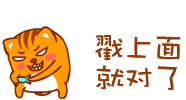 Learn a bit of TCM health knowledge every day to care for your family’s health!
Learn a bit of TCM health knowledge every day to care for your family’s health!


